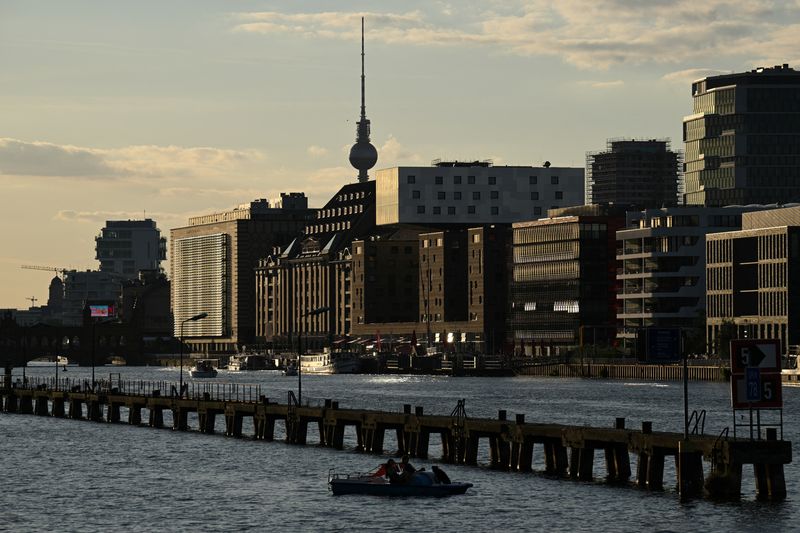Norges Bank holds policy rate at 4.0%, signals no rush to cut
NeutralFinancial Markets

Norges Bank holds policy rate at 4.0%, signals no rush to cut
Norges Bank has decided to maintain its policy rate at 4.0%, indicating that there is no immediate plan to lower rates. This decision reflects the bank's cautious approach to managing inflation and economic stability. By keeping the rate steady, Norges Bank aims to balance growth while ensuring that inflation remains under control, which is crucial for the overall health of the economy.
— via World Pulse Now AI Editorial System







